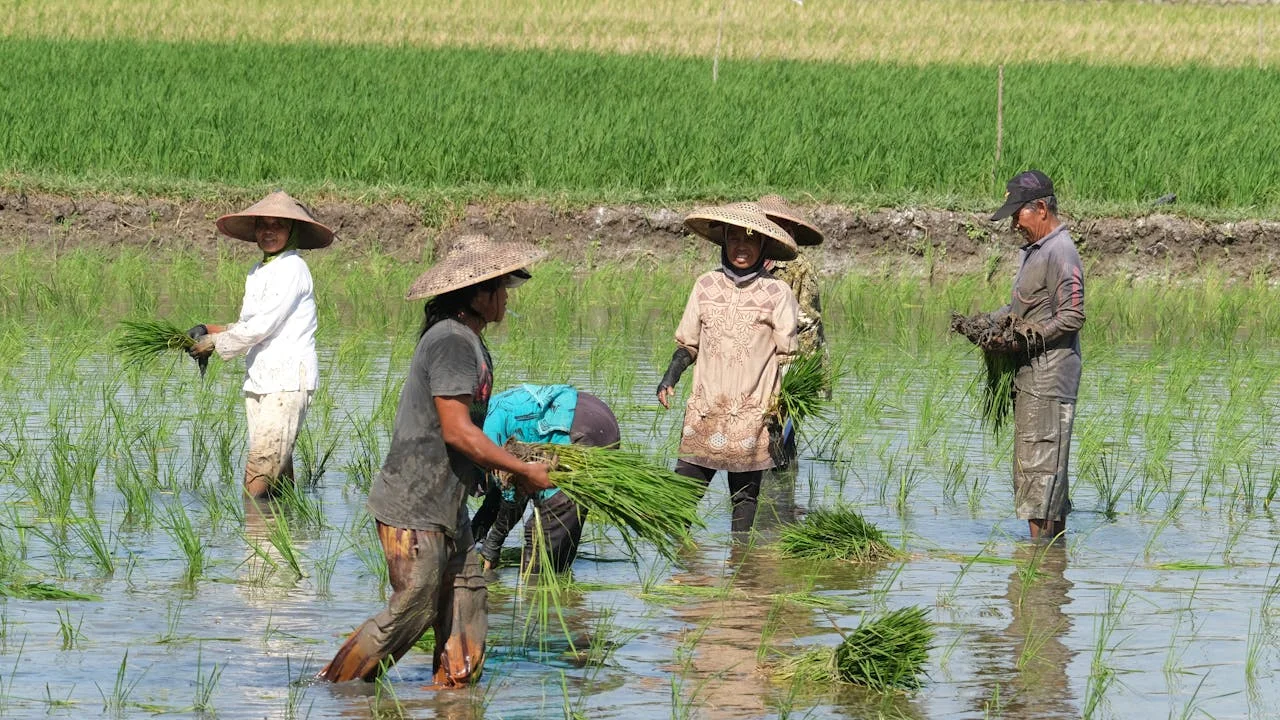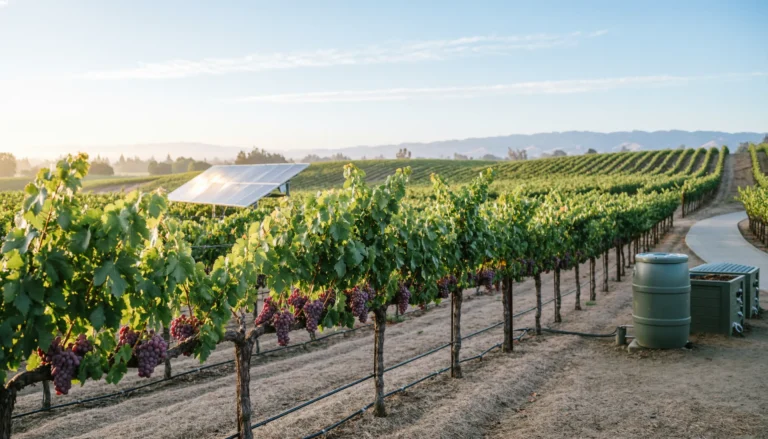
The rich aroma of Nescafé, a global favorite, can be traced back to millions of coffee farmers around the world. Behind these beans lies an often untold story – the story of women, the backbone of coffee cultivation.
Nescafé sources coffee from over 20 countries and recognizes the vital role that women play in growing high-quality coffee. Our sustainability initiative, the Nescafé Plan, isn’t just about producing great coffee; it’s also about empowering the communities that grow it. Supporting farmer incomes is a critical element, and in many origins like Vietnam, the program is helping achieve yield increases of up to 25%.
Main Thi Nhung: A Coffee Entrepreneur in Vietnam’s Central Highlands
I am proud to have worked in agricultural production management and engineering for over 34 years, specializing in crops like coffee, pepper, cacao, and cashew trees in Vietnam, the second-largest coffee producer in the world. Improving the lives of female coffee farmers is a truly rewarding aspect of my work with the Nescafé Plan. I’m excited to share the progress we’ve made with colleagues worldwide to grow incredible coffee and support farmers like Main Thi Nhung.
Main Thi Nhung joined the Nescafé Plan in 2015 and is a shining example of gender equality and empowerment in action. Coffee is her main crop, but her 2-acre farm flourishes with intercropping of pepper and durian trees. This multi-cropping approach increases her income, promotes biodiversity, and makes her farm more resilient. Every year, she harvests an impressive quantity of coffee, black pepper, and durian.
Women Coffee Farmers Face Unique Challenges
Despite its global appeal, the coffee industry faces significant challenges. Climate change disrupts harvests, and it can be difficult for coffee-farming families to finance the investments they need on their farms. A staggering 125 million people depend on coffee for their livelihoods, presenting a huge opportunity to increase incomes and resilience in rural areas. Women in coffee farming face additional hurdles in a male-dominated field. In some regions, particularly Vietnam, cultural barriers and lack of access to resources and training limit their participation and ability to compete equitably.
The Nescafé Plan Helps Bridge the Gap
Launched in 2010, the Nescafé Plan works to improve the lives of coffee farmers globally. In 2022, we reimagined our efforts with Nescafé Plan 2030, which focuses on regenerative agriculture and empowering farmers. We’re working to achieve 100% responsibly sourced coffee by 2025. This goal depends on close collaboration directly with farmers.
Empowering Women in Vietnam’s Central Highlands
Vietnam is a key source of Nescafé coffee and a prime example of the Nescafé Plan’s impact on female farmers. Here, Nescafé works with over 21,000 coffee farming households, many led by women. Our scale gives us the opportunity to make a real impact on the industry and their lives as individuals. Nescafé’s agronomists collaborate with farmers like Main, partners, and communities to promote regenerative practices. This includes training on intercropping. On farms like Main’s, intercropping not only increases the yields and income for the farmers but also provides much-needed shade, reducing strain on precious water resources. Many farmers are also integrating mulching and integrated weed management to reduce erosion, improve soil health by adding nutrients, and increase biodiversity.
So far, Nescafé Plan 2030’s farmer training programs have reached over 148,000 farmers in 16 countries, including Vietnam. This knowledge empowers women to make informed decisions about their farms, improve yields, and ultimately grow their incomes.
Pairing Agricultural Practices with the Right Inputs and Incentives
The Nescafé Plan goes beyond training. We also provide disease-resistant and high-yield coffee plantlets to help women rejuvenate their farms and reduce reliance on agrochemicals. This benefits the environment and improves the long-term health of their farms. Financial incentives are another element. Pilot programs in Mexico, Côte d’Ivoire, and Indonesia offer women farmers additional incentive payments for adopting beneficial practices, enabling them to invest further in their farms and families.
The Road Ahead
Nescafé Plan 2030 has set ambitious goals. We aim to source 20% of coffee from regenerative agricultural methods by 2025 and 50% by 2030. As the Nescafé Plan progresses, I look forward to celebrating more stories of empowered women like Mrs. Nhung in Vietnam’s Central Highlands. By investing in these women, Nescafé is working to ensure a sustainable cup of coffee while building a brighter future for coffee-growing communities around the world.




